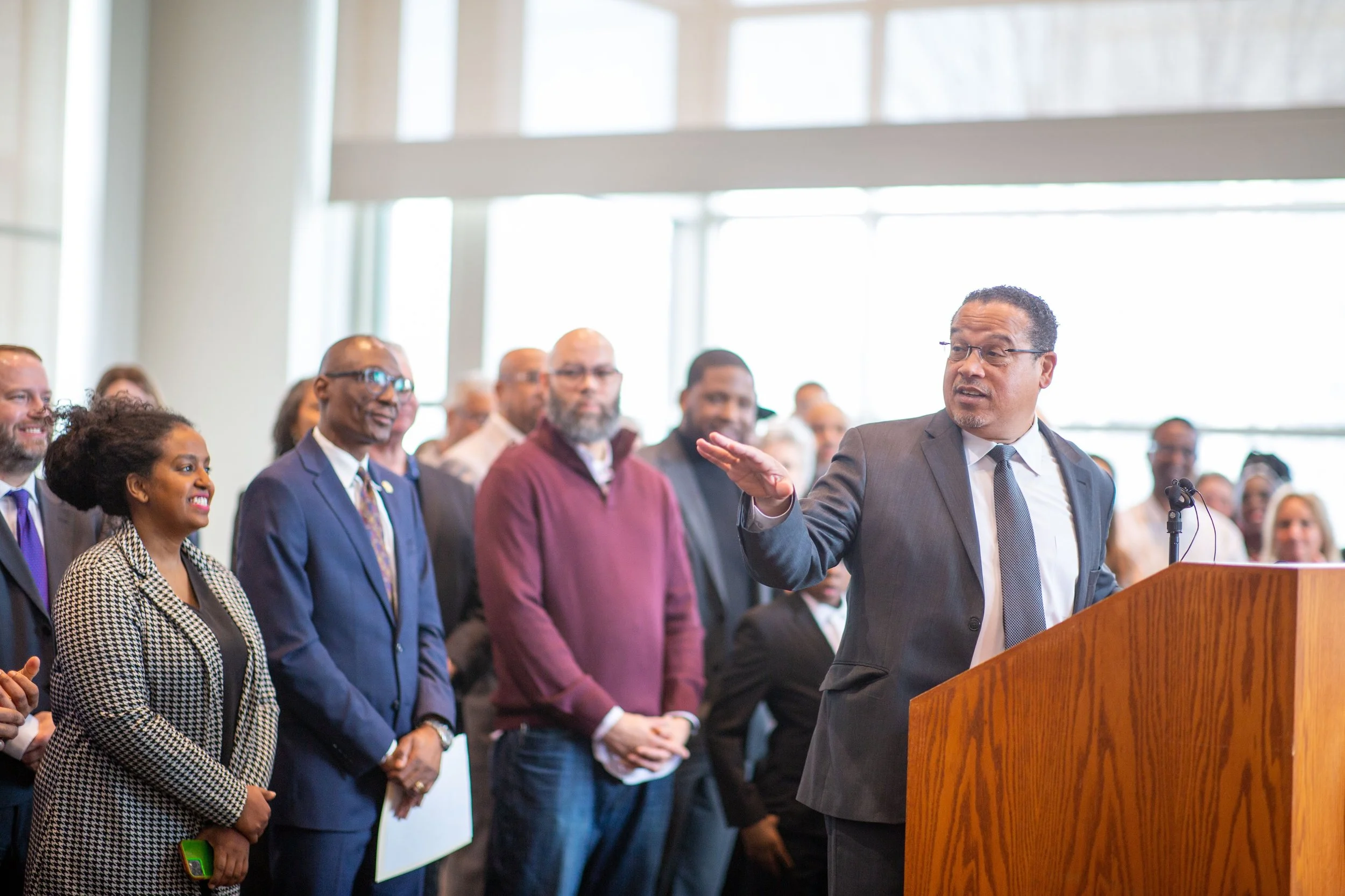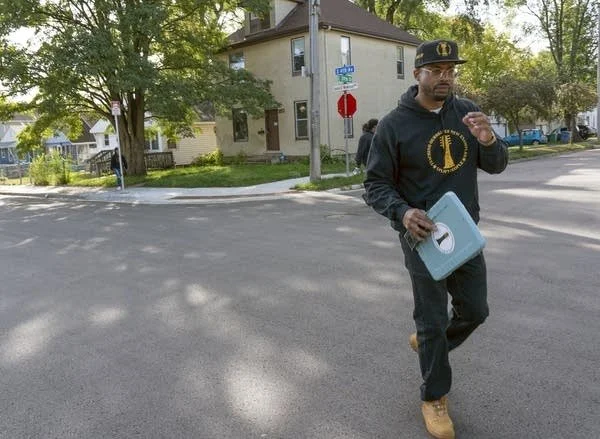
Minnesota’s Clean Slate Law
What is Minnesota’s Clean Slate Law?
Minnesota’s Clean Slate Law, passed in 2023. It allows for the automatic expungement of certain criminal records. This means that qualifying individuals may have their records sealed without needing to file a petition with the court.
The law recognizes that people deserve the opportunity to move on from past mistakes—and that old convictions shouldn’t define someone’s future.
However, not everyone is eligible for automatic expungement, and the rollout of this law has been slow and hard to track…
How We Help
At T.O.N.E. U.P., our From the Block to the Ballot initiative and Peer Navigator Support Network are the core pathways through which we walk alongside justice-impacted individuals on their journey toward full restoration. These programs are where our Clean Slate work lives and breathes—connecting people to accurate information, trusted legal partners, and the ecosystem of resources needed to move forward.
Through daily community engagement and peer-led support, we help our comrades navigate every stage of reentry—from record expungement and fair-chance employment, to housing stability, ID restoration, and civic participation. Our Peer Navigators are more than guides; they are living proof of what transformation looks like, meeting people where they are and helping them build the foundation for lasting change.
We don’t believe in one-off help—we believe in lifelong transformation. Our goal is to ensure that every person we serve not only clears their record, but also reclaims their power, purpose, and place in community.
FAQs
How do I know if I’m eligible for automatic expungement?
Eligibility depends on the type of offense, how long ago it occurred, and whether you’ve remained conviction-free since. Records like certain misdemeanors and non-violent felonies may qualify. We use state-provided guidance to help determine eligibility and can walk you through it.
Do I have to do anything to have my record expunged?
If you qualify for automatic expungement, the state will seal your record over time without you needing to file a petition. However, some cases may require additional steps, and expungement is not guaranteed without confirmation. That’s why it’s important to connect with an advocate.
Can T.O.N.E. U.P. help even if I’m not eligible for automatic expungement?
Yes. We work with participants on both automatic and petition-based expungement. Our team provides education, guidance, and referrals for legal assistance if needed. See the automatic Expungement criteria below. 👇
Automatic Expungement Eligibility
The offense is included under this bill
No new convictions or pending charges with the exception of petty misdemeanors during the waiting periods or during review periods.
Successful discharge of sentence
Completion of waiting periods
-
2 year waiting period from discharge of sentence.
Most petty Misdemeanors are eligible. *
*Exceptions: Traffic Violations
-
2 year waiting period from discharge of sentence.
Most Misdemeanors with some exceptions
Exceptions:
4th degree DWI.
Violation of an order for protection.
5th degree assault.
Domestic assault.
Violation of harassment or restraining order.
Interference with emergency call.
Obscene or harassing phone calls.
Indecent exposure.
Interference with privacy.
Violation of a domestic abuse no contact order.
-
There is a 3-year waiting period from discharge of sentence.
Many GROSS MISDEMEANORS with some exceptions.
Exceptions:
2nd & 3rd degree DWI.
Violation of an order for protection.
Criminal vehicular operation.
4th & 5th degree assault.
Domestic assault.
Criminal neglect.
5th degree criminal sexual conduct.
Malicious punishment of a child.
Escape from custody.
Tampering with a witness.
4th degree burglary.
Interference with privacy.
Violation of a harassment restraining order.
Harassment/stalking.
Interference with an emergency call.
Indecent exposure
Nonconsensual dissemination of private sexual images.
Violation of a domestic abuse no contact order.
-
View the MN Clean Slate Law Felony Eligibility Guidelines.
Testimonials From Our Re-entry Community
At T.O.N.E. U.P., we don’t just track impact — we listen to it. These testimonials come from real people who’ve worked with us, joined our programs, or supported our mission. Their words reflect the heart of what re-entry success looks like.
“They got me into housing, helped me get a state ID, and made me feel like I belonged again. That’s not just a service—that’s family.”
“T.O.N.E. U.P. helped me get my CDL license and turn my life around. Now I’m working full-time and mentoring others.”
“Without T.O.N.E. U.P., I wouldn’t have been able to get to work. They repaired my car and reminded me that my story wasn’t over.”
Ready to Get Started?
You don’t have to do this alone — we’re here to walk with you.







